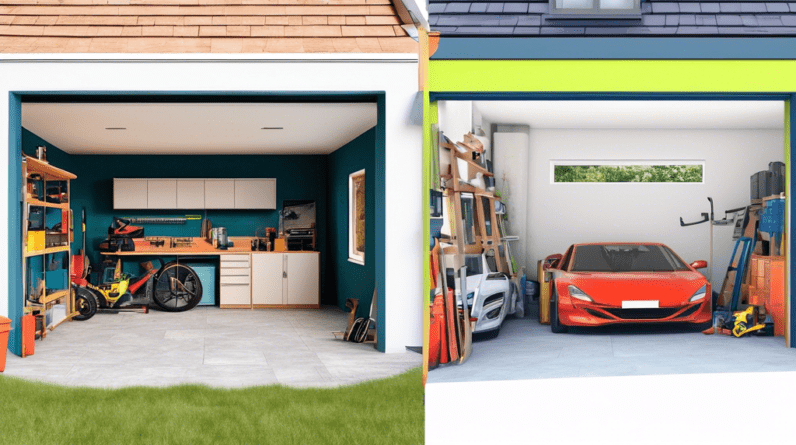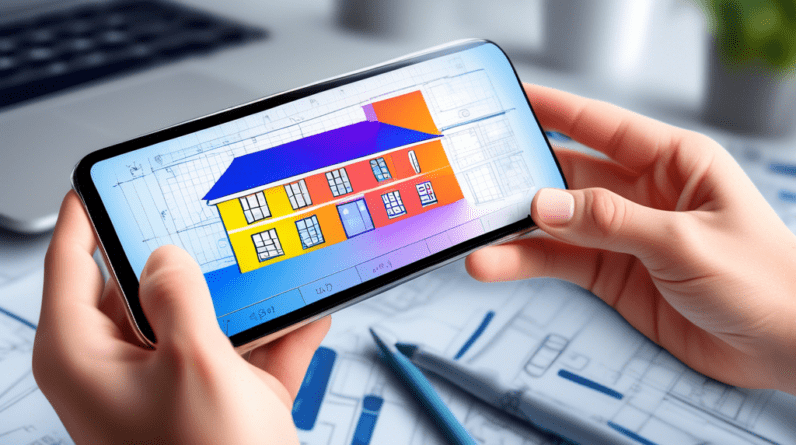
DIY vs. Professional Garage Conversion: A Cost Breakdown
So, you’re dreaming of transforming your cluttered garage into a beautiful new living space? That’s fantastic! But before you grab your toolbox or start dialing contractors, let’s talk about the elephant in the room: the cost. A garage conversion can be a significant investment, and the choice between DIY and hiring a professional will drastically impact your budget.
Understanding the Scope of Your Project
Every garage conversion is unique. Factors like size, desired function, and existing infrastructure play a massive role in determining your overall cost. Let’s break it down:
Factors Influencing Garage Conversion Costs:
- Size: This one’s a no-brainer. A larger garage will require more materials and labor, increasing costs for both DIY and professional routes.
- Conversion Type: Turning your garage into a cozy guest suite will cost less than a state-of-the-art home theater or a fully equipped home office.
- Existing Conditions: Do you need to upgrade your electrical system? Is your garage foundation in good shape? Addressing pre-existing issues adds to the overall project expenses.
- Materials: From flooring and insulation to drywall and fixtures, the quality and type of materials you choose will impact your budget.
- Location: Labor costs and material prices can fluctuate depending on where you live.
- Permits: Don’t forget about permits! Most garage conversions require them, and the fees vary depending on your location and project scope.
DIY Garage Conversion: The Budget-Friendly Option?
The allure of DIY is undeniable – the satisfaction of creating something with your own two hands, the potential for significant savings, and the ability to customize every detail. But before you dive headfirst into a DIY garage conversion, consider these factors:
Pros of DIY:
- Cost Savings: This is the most significant advantage. By tackling the labor yourself, you can save thousands of dollars on professional fees.
- Flexibility and Control: DIY gives you complete control over the project timeline and design choices. You’re the boss!
- Sense of Accomplishment: Completing a garage conversion yourself can be incredibly rewarding.
Cons of DIY:
- Time Commitment: DIY takes time, often much longer than anticipated, especially if you’re juggling a job and family responsibilities.
- Skill and Experience: Garage conversions require a wide range of skills, from demolition and framing to electrical and plumbing. Mistakes can be costly and even dangerous.
- Hidden Costs: Unexpected problems, tool rentals, and material waste can quickly eat into your budget.
- Permits and Inspections: Navigating building codes and permits can be a headache for DIYers.
DIY Cost Breakdown:
While DIY costs vary widely, here’s a general idea:
| Item | Estimated Cost |
|---|---|
| Permits | $500 – $2,000+ |
| Demolition and Debris Removal | $200 – $1,000+ |
| Framing and Drywall | $1,000 – $5,000+ |
| Insulation | $500 – $2,000+ |
| Electrical and Plumbing | $1,000 – $5,000+ |
| Flooring | $500 – $3,000+ |
| Painting and Finishing | $500 – $2,000+ |
| Fixtures and Appliances | $1,000 – $10,000+ (highly variable) |
| Tools and Equipment Rental | $200 – $1,000+ |
| Total Estimated DIY Cost: | $7,400 – $31,000+ |
Note: This is a rough estimate. Actual costs can vary significantly based on project specifics and material choices.
Hiring a Professional: Investing in Expertise and Efficiency
While hiring a professional contractor comes with a higher upfront cost, it offers numerous advantages, especially for complex projects or homeowners who lack the time or skills for DIY.
Pros of Hiring a Professional:
- Expertise and Experience: Professionals possess the skills and knowledge to tackle even the most challenging aspects of a garage conversion.
- Efficiency and Time Savings: Contractors work efficiently and can often complete projects faster than DIYers, minimizing disruption to your life.
- High-Quality Results: Professionals strive for excellence, ensuring your conversion is done to code and meets the highest standards.
- Warranty and Insurance: Reputable contractors offer warranties on their work and carry liability insurance, protecting you from unexpected expenses.
- Permit Handling: Contractors are well-versed in local building codes and can handle the permit process on your behalf.
Cons of Hiring a Professional:
- Higher Cost: This is the most significant drawback. Professional labor costs can be substantial.
- Less Control: While you’ll collaborate with the contractor, you’ll have less direct control over the day-to-day project details.
- Finding a Trustworthy Contractor: It’s essential to research and hire a reputable contractor with a proven track record.
Professional Garage Conversion Cost Breakdown:
Professional costs are typically calculated based on square footage and project complexity. Here’s a rough estimate:
| Item | Estimated Cost |
|---|---|
| Design Fees (if applicable) | $1,000 – $5,000+ |
| Permits and Inspections | $500 – $2,000+ (often included in contractor fees) |
| Demolition and Site Preparation | $1,000 – $3,000+ |
| Framing and Structural Work | $3,000 – $10,000+ |
| Insulation and Drywall | $2,000 – $7,000+ |
| Electrical and Plumbing | $4,000 – $15,000+ |
| HVAC (if adding or modifying) | $2,000 – $10,000+ |
| Flooring, Painting, and Finishing | $4,000 – $12,000+ |
| Fixtures and Appliances | $2,000 – $10,000+ (highly variable) |
| Contractor’s Overhead and Profit | 15% – 25% of total project cost |
| Total Estimated Professional Cost: | $21,500 – $74,000+ |
Note: These are approximate figures. Costs can vary widely based on location, materials, contractor rates, and project specifics.
DIY or Professional: Which is Right for You?
Ultimately, the choice between DIY and hiring a professional boils down to your individual circumstances, skills, and budget.
Consider DIY If:
- You have a limited budget and are comfortable sacrificing some professional polish to save money.
- You possess the necessary skills and experience in construction, electrical, and plumbing.
- You have ample time to dedicate to the project and are comfortable with potential delays.
- You enjoy hands-on work and are excited about the challenge of a DIY project.
Consider Hiring a Professional If:
- Your budget allows for professional services, and you prioritize quality and efficiency.
- Your project is complex or requires specialized skills you lack.
- You have a tight timeline and need the conversion completed quickly.
- You prefer peace of mind knowing the project is in the hands of experienced professionals.
Conclusion: Making an Informed Decision
Transforming your garage into a functional and stylish space is an exciting endeavor. By carefully weighing the pros, cons, and costs associated with DIY and professional approaches, you can make an informed decision that aligns with your vision, budget, and lifestyle. Whichever path you choose, thorough planning, realistic budgeting, and careful execution are crucial for a successful and rewarding garage conversion.






